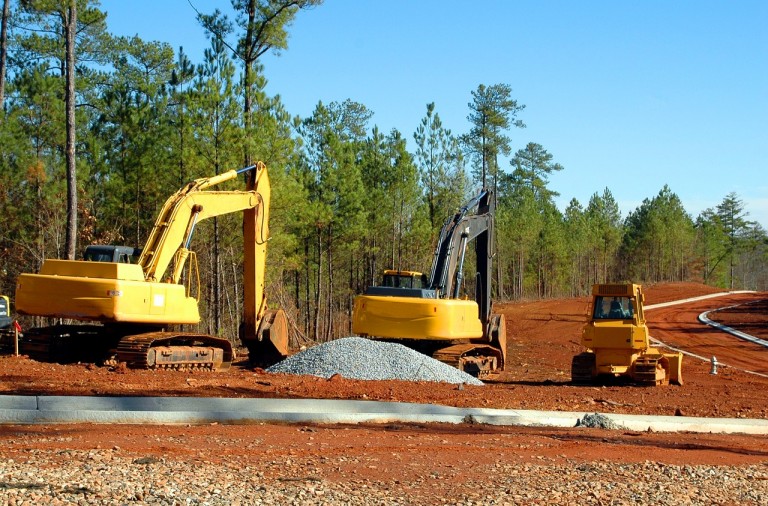From/BusinessMole
By/Beth Haven

With the government now making inroads into its 50-page roadmap out of lockdown, a new report suggests that UK construction, engineering and retail firms were the least prepared sectors for the rise of remote and flexible working pre-lockdown.
The research, which analysed thousands of job descriptions, employee reviews and forums for the UK’s biggest businesses, suggests that these three industries in particular have a significant amount of work to do in order to thrive as lockdown restrictions are lifted and we acclimatise to the ‘new normal’.
Based on the ten biggest employers for 20 of the UK’s largest cities, the research identified the industries and locations that were leading the way in terms of flexible and remote working* for staff and which companies would need to make the most changes when we fully return to work.
When combining the findings for both flexible and remote working (both ranked out of five) it was the construction sector that was least prepared (4.3 out of 10 overall), behind retailers (4.6 out of 10) and engineering firms (4.8 out of ten).
Banking (7.5 out of 10) and technology (6.8 out of 10) firms on the other hand were found to be the most prepared sectors based on their flexible working offering pre-pandemic with staff given the most options to dictate their working hours and choice of location.
To calculate the rankings, content and thematic analysis was used to analyse thousands of employee reviews to provide an overall ranking score for flexible working, remote working and an overall score.
Employers in the banking, technology and aviation sectors topped the overall rankings, where staff were given the most opportunities to dictate their working hours and location.
Matthew Jenkins, CEO at global workforce management solutions provider Mitrefinch, which conducted the research, said:
“It’s no secret that the past couple of months have been some of the most challenging for UK businesses in recent years, and with some elements of restrictions likely due to remain in place upon lifting the full lockdown, there looks to be significant challenges in the months and years to come.
“The challenges obviously vary depending on the line of work of each operating business, but it’s interesting to see the regional variance across the UK, which indicates some towns and cities have some work to do to address this balance in the coming months.
“Businesses are going to have to become more agile and flexible than ever before in order to achieve growth during this pivotal period, as well as ensuring staff remain healthy, both physically and mentally. However as we have seen over the past few weeks, many have been able to use technology to be as productive as they were pre-coronavirus.
“The rise of remote and flexible working was already prominent prior to this pandemic but Covid-19 has forced staff to really consider if they really need to be in an office to get their job done. And for businesses, to consider the potential cost savings of moving to smaller physical offices and a movement towards more virtual ways of working.”
To view the full research, visit https://www.mitrefinch.co.uk/blog/mitrefinch-news/industries-regions-prepared-for-working-conditions-change-uk/
